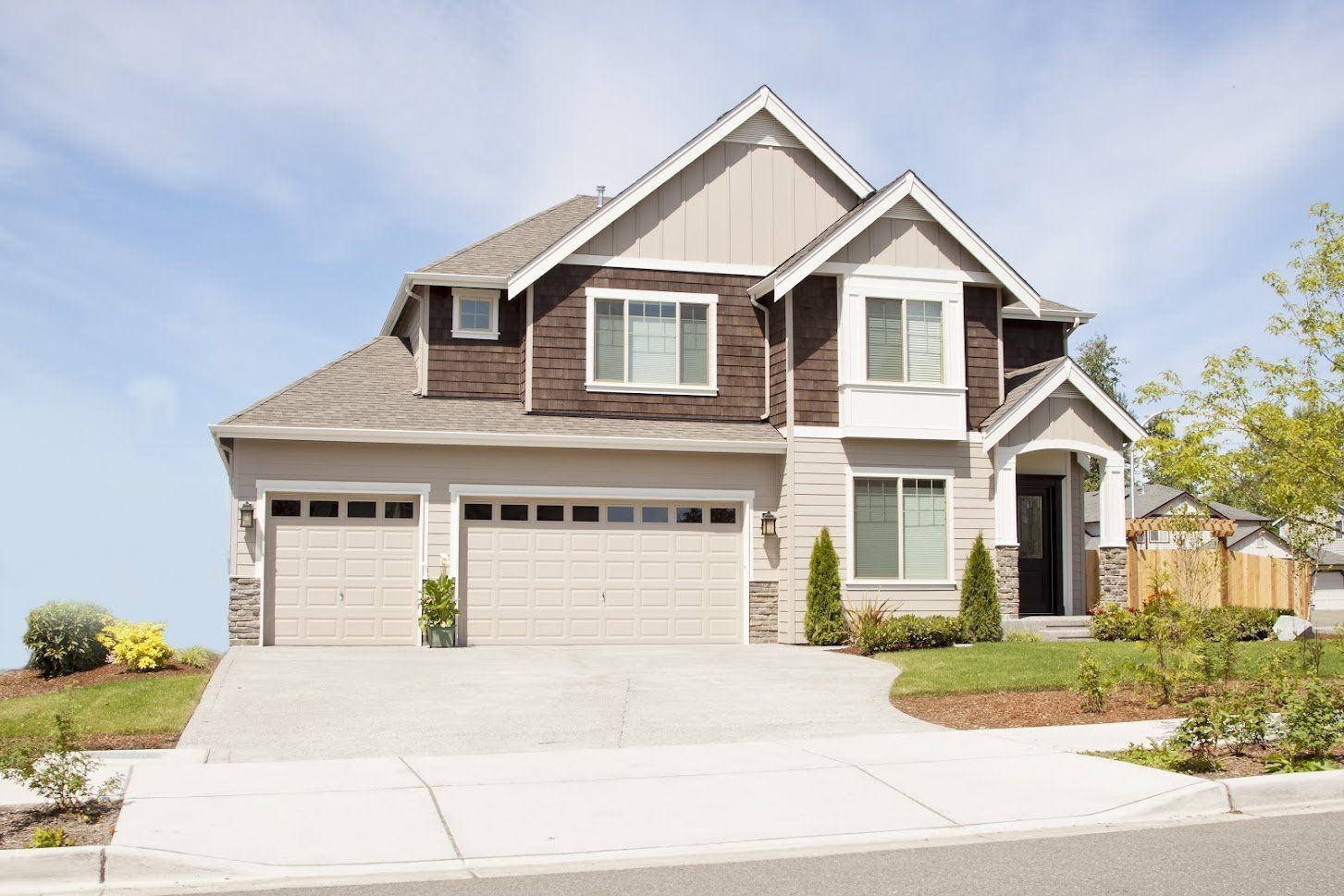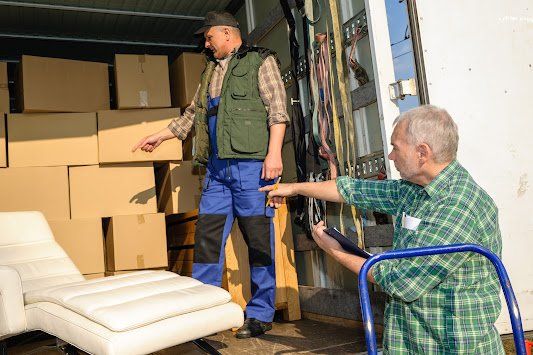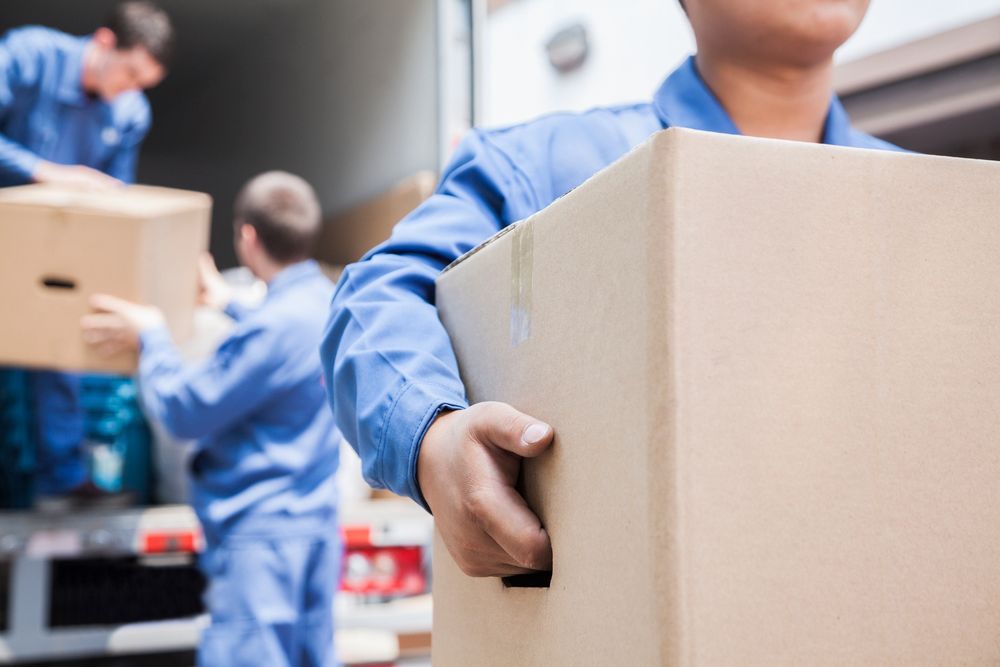The Do's and Don'ts of Your City-to-Suburb Move

Are you moving from the city to the suburbs? Whether you want a larger piece of land or more room for your growing family, or you have no plans to go back to in-person in-office life anytime in the near future, take a look at how you can make your urban exodus easier.
Do Declutter
Your move from a somewhat small city apartment to a sprawling suburban two-story home means you'll have plenty of extra space for your stash of stuff. Even though you don't have to downsize for this move, you still need to declutter.
Why should you spend your precious pre-moving days decluttering? First, you have three primary types of moving estimates. These include non-binding, binding, and binding not-to-exceed.
A non-binding quote is based on the estimated weight of your items. But if the actual weight is more, you'll also pay more. A binding estimate is exactly what the name implies. This estimate is a fixed cost based on the approximate weight of your items. The third type of estimate is also based on the approximate cost of your to-move picks. If the actual weight is higher, you won't pay more for the extra pounds.
The more you move, the higher the estimated weight. This results in greater move-related costs. Failure to declutter before your moving day could result in an increased estimated weight - and higher quote.
Save money on your city-to-suburb move with a serious decluttering session. Remove anything you don't use or won't need. Sell, donate, recycle, or throw away these items. Wait until after you declutter to get a moving quote. The reduced load will lighten your move weight estimate and could cost you less.
Don't Buy Ahead
A decluttering session isn't the only way to reduce the overall price you'll pay for a city-to-suburb move. As a new suburban homeowner, you may need appliances and other items that weren't necessary for city living - especially if your urban home was an apartment without a yard. These new-to-you extras may include a lawnmower, patio furniture, outdoor play sets, exterior storage, and gardening tools.
If the excitement over your impending move makes you want to buy everything you'll need for your new home right now, stop and wait. The added items will add extra costs to your move. Instead of buying ahead of your move, wait until you're in your new home. The same strategy applies to extra furniture you may need (such as guest room beds or a second couch to use in the playroom) for your larger living space.
Do Ask About Parking Space
This applies to both the city side and suburb side of your move. Cities and suburbs typically have rules about where you can and can't park on public streets. You'll need a larger area with easy access to your old apartment or new home.
On-street parking in many major cities isn't always easy to find. If your building doesn't have a designated area for truck, delivery, or moving vehicle parking, you will need to make arrangements ahead of time. This means you may need to speak to the property management company or ask a city parking agency official about how to reserve spaces legally.
The questions and clearances won't necessarily stop when you get to the suburbs. Before you assume a moving vehicle can fit easily into your new driveway, measure the length and width. Ask the moving contractor if this gives them enough space to park and comfortably unload the truck. If not, you may need to ask your municipality or your neighbors about on-street parking.
Do you need help with your move? Contact Helping Hands Movers for more information.














